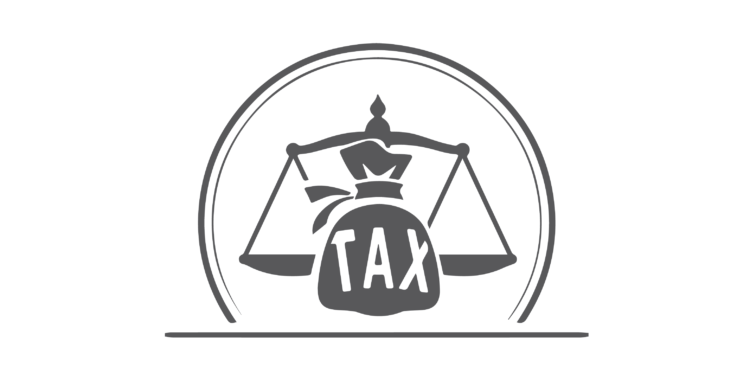Tax Law
Tax Law practice is the forte of our Firm we proudly present our services ranging from planning of a tax-efficient transaction to representing our clients before the Supreme Court of Pakistan, High Court, Federal Tax Ombudsman and Tax Commissioner. In addition to income and corporate taxation, our tax practice covers sales tax, excises, professional and trade taxes, property taxes, and other local-government taxes.
Our tax practice services include: transaction planning and restructuring; periodic review of accounting process and procedures; review of final accounts for tax provision and computation; preparation of the return and its annexure; handling assessment proceedings; appeals from CIR to the Supreme Court; liaising with the Central Board of Revenue for finding administrative solutions to the controversial issues and seeking advance opinion of ambiguous statutory provisions; tax-effective salary structuring; and assisting the clients in ensuring timely and cost effective compliance such as withholding taxes and filing of periodical statements.
TAXATION SYSTEM
Federal taxes in Pakistan like most of the taxation systems in the world are classified into two broad categories, viz., direct and indirect taxes. A broad description regarding the nature of administration of these taxes is explained below:
Direct Tax
Direct taxes primarily comprise income tax. For the purpose of the charge of tax and the computation of total income, all income is classified under the following heads:
- Salaries
- Interest on Securities
- Income from Property
- Income from Business or Profession
- Capital Gains
- Income from Other Sources
Personal Tax
All individuals, unregistered firms, associations of persons, etc., are liable to tax, at the rates ranging from 10 to 35 per cent.
Tax on Companies
All public companies (other than banking companies) incorporated in Pakistan are assessed for tax at corporate rate of 35%. However, the effective rate is likely to differ on account of allowances and exemptions related to industry, location, exports, etc.
Wealth Statement u/Sec. 116
Wealth Statement u/Sec. 116 is compulsory, where declared income is Rs. 500,000/- or more.
Customs
Goods imported and exported from Pakistan are liable to rates of Customs duties as prescribed in Pakistan Customs Tariff. Customs duties in the form of import duties and export duties constitute about 37% of the total tax receipts. The rate structure of customs duty is determined by a large number of socio-economic factors. However, the general scheme envisages higher rates on luxury items as well as on less essential goods. The import tariff has been given an industrial bias by keeping the duties on industrial plants and machinery and raw material lower than those on consumer goods
Federal Excise
Federal Excise duties are leviable on a limited number of goods produced or manufactured, and services provided or rendered in Pakistan. On most of the items Federal Excise duty is charged on the basis of value or retail price. Some items are, however, chargeable to duty on the basis of weight or quantity. Classification of goods is done in accordance with the Harmonized Commodity Description and Coding system which is being used all over the world. All exports are exempted from Federal Excise Duty.
Sales Tax
The following personnel shall make an application in the Form STR-1, transmitted to the CRO “Central Registration Office” electronically or through registered mail or courier services for registration under Sales Tax Rules, 2006,



 WhatsApp us
WhatsApp us